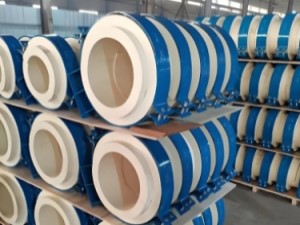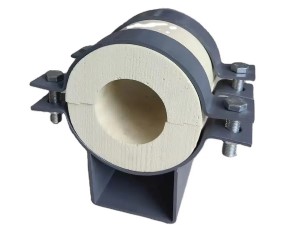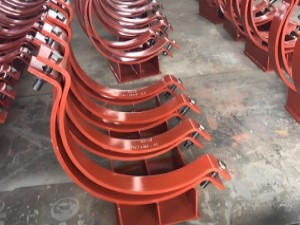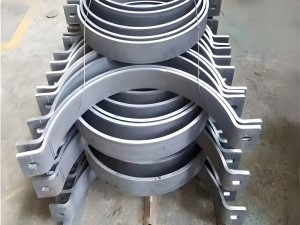Titanium Grade 5: The Workhorse of Titanium Alloys
In the world of metals—and the countless industries that count on them—there are a seemingly endless amount of different types, alloys, and applications. It is impossible to put any one metal into one universal generalization.
Take titanium, for instance. Titanium is an incredibly important metal in modern manufacturing; it is utilized by every worldwide industry of any size, and it has infinite uses. Titanium is strong and durable, yet lightweight, and offers numerous distinct advantages.
All titanium is not created equal, though. In addition to pure titanium, there are many titanium alloys, the properties of which vary greatly depending on their unique composition. Titanium is generally broken up into four distinct groups: unalloyed titanium; alpha structure; alpha beta structure; and beta structure. Each possesses different properties and therefore serves the needs of different applications and industries.
By far the most common of the titanium alloys is titanium Grade 5. It is classified as an alpha-beta alloy, and consists of 6% aluminum, 4% vanadium, and trace amounts of iron. This Titanium alloy is aslo often referred to as Ti 6AI-4V.
There are many reasons why grade 5 is so commonly used, including its exceptional strength—it is much stronger than commercially-pure titanium, but possesses the same stiffness and thermal properties pure titanium is known for. Additionally, it is heat-treatable, making it ideal for many manufacturing applications. The fact that it is easily welded and fabricated, while offering high strength and corrosion resistance, makes it easy to see why it is the most common titanium alloy in the world.
Titanium grade 5 is also able to withstand a range of environmental factors, including seawater, and can withstand temperatures up to nearly 800°F. Additional advantages include good fatigue resistance, low thermal expansion, high strength-to-weight ratio, and low modulus of elasticity.
For these reasons, titanium grade 5 is very often used in offshore and subsea oil and gas applications, and in general within the oil industry. It is also frequently used within the aerospace industry for a range of applications, as well as within the marine industry. Both aerospace and automotive manufacturers count on titanium grade 5 for engine components, and it is widely used in the power generation industry. This titanium alloy is also frequently used within the medical field, particularly for instruments and prosthetics, and even within the human body, in the form of surgical implants.





